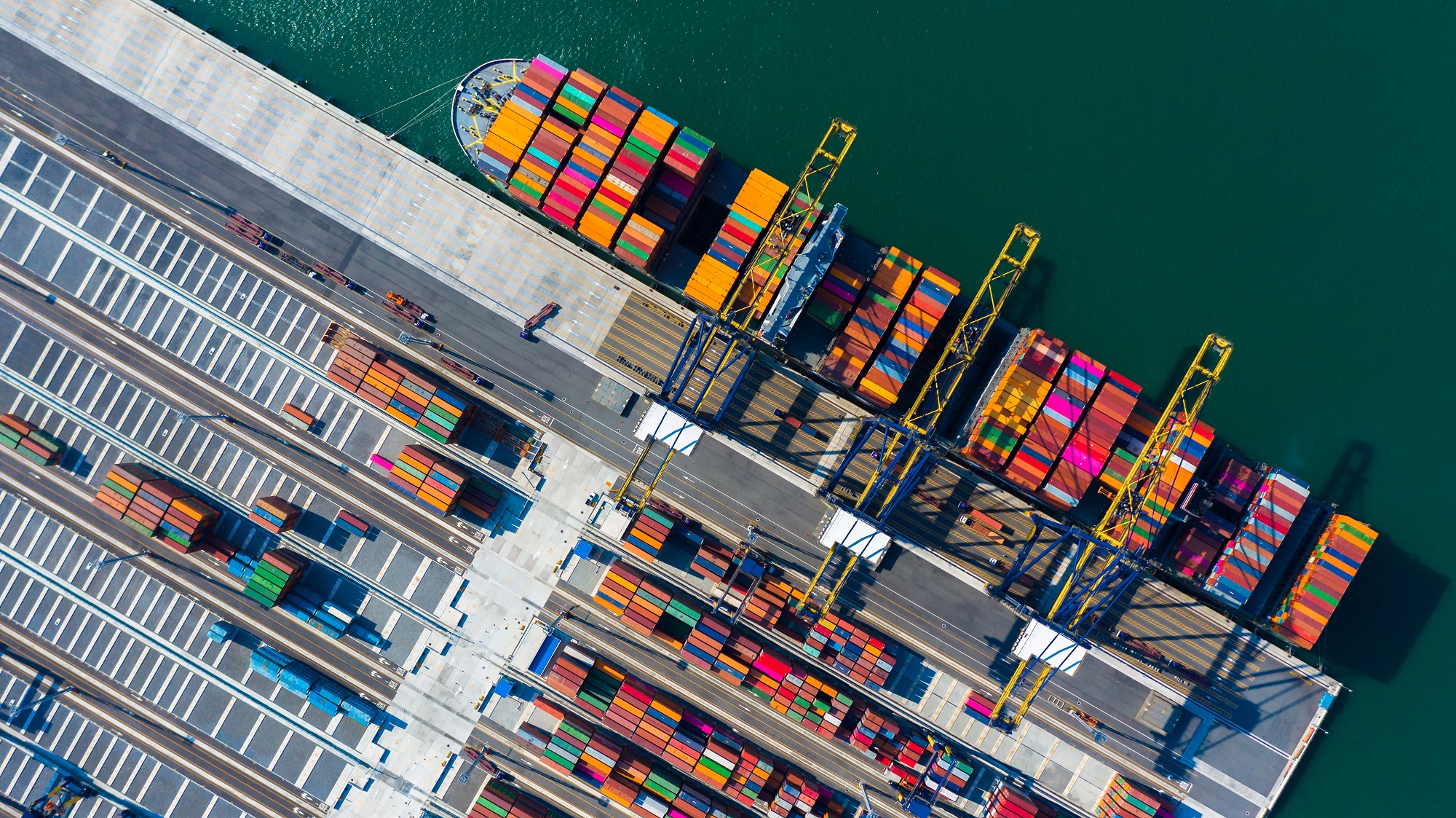Whether you sell goods from the Netherlands and ship them to your domestic customer or to a customer in Switzerland, the process is the same, isn’t it? Well... not entirely. Any goods leaving the European Union (EU) customs territory – destined for Switzerland, for example – are considered to be exports. You may have to deal with all kinds of additional customs and other obligations.
➔ What customs obligations will you encounter, and what do we sometimes see go wrong in practice?
Goods sold, what next?
If you sell and supply goods within the Netherlands, you mainly need to be clear about the VAT implications. Delivery within the EU may generate additional VAT and administrative obligations. You will not face additional customs obligations in this case. However, if you sell goods to an entrepreneur and the goods are shipped to a country outside the EU by you or on behalf of your customer, you need to take potential customs obligations into account.
The first, possibly most important step is to decide which Incoterms® to agree upon and who is responsible for exporting the goods from the EU. Among other things, the Incoterms® specify the commercial terms and conditions as well as the responsibilities for the vendor and buyer. This article focuses on export-related obligations.
Depending on the Incoterms® you agree to use, as the vendor you may be responsible for the export formalities. For example, in the cases of Free Carrier (FCA) or Delivered at Place (DAP). When it comes to the Ex Works (EXW) however, the buyer arranges everything; shipping from the Netherlands to Switzerland, for example, but also the export formalities. Although this relieves you of quite a few obligations, both administrative and procedural, you should be aware that in principle you do not know the exact destination of the goods. Moreover, and more importantly, you will be unable to prove that the goods have indeed arrived at that destination. This is where entrepreneurs sometimes inadvertently go wrong. If the buyer says that the shipment is going to Switzerland, but the goods remain in the Netherlands due to unforeseen circumstances, you may have inadvertently applied the wrong VAT classification.
This is why it is important to be aware of the meaning of the Incoterms® and associated obligations.
Documents and certificates
Once the obligations for you and the buyer are clear, you can determine which documents are required for export. A variety of documents may be needed, such as customs documents, shipping documents and a certificate of origin. It is essential to possess the right documents and to complete them correctly. The formalities associated with customs rules are strict and even the tiniest inaccuracy can have major consequences. We therefore recommend that businesses identify exactly which documentation is required in advance.
Certificate of origin necessary?
A certificate of origin (CoO) is a document that states where the goods originated. This proof may be needed in the case of trade policy measures towards non-EU countries. A CoO may also reduce or completely eliminate the need to pay import duties in the country of importation. This is laid down in the trade agreement with the United Kingdom, for instance.
Shipping documents: no prescribed format, but important
Among other things, shipping documents provide evidence that the goods have actually left the EU. This is therefore also extremely important for applying the correct VAT rate. The supply of goods to entrepreneurs is usually subject to the VAT zero rate if the goods are shipped to a location outside the EU, either by or on behalf of these entrepreneurs or their supplier. You must be able to prove that the goods have actually left the EU. Other documents may also be important for supporting the application of the VAT zero rate, including:
Correspondence with foreign customers;
Invoices from carriers;
Copies of invoices for your foreign customer;
Import declarations in the non-EU country; and
Export declarations from the EU.
Documentation not in order?
Some documents (e.g, a CoO and customs forms) are mandatory, depending on the country of destination of the goods. When it comes to the shipping documents, it is important hat they demonstrate that the goods have left the EU.
If the mandatory documentation is not in order, or if you cannot prove where the goods were received based on the shipping documents, you may for example face not only export delays at the border but also additional tax assessments and fines.
It is therefore essential that your administration includes the correct documents to ensure a smooth export process. Our experts would gladly help you assess and identify the obligations and set up a proper export process.
Export restrictions and sanctions
You are clear about your obligations as well as those of your buyer, you have agreed to use the correct Incoterms® and you possess all the required documents to prove that the goods are leaving the EU. However, you’re not quite ready to export the goods yet. In today’s political climate you also need to check whether any export restrictions or sanctions apply. For example, sanctions currently apply to trade with Russia and a number of other countries. These sanctions also include restrictions on exporting specific goods to these countries.
The restrictions on dual-use goods are perhaps less familiar. Dual-use goods are products, services and technologies that, for example, can be used for both civil and military purposes. An export permit may be required in such situations or there may even be a total ban. Because the rules on dual-use goods are not widely known and not always clear, we sometimes see that entrepreneurs underestimate this point of attention. If you trade in drones, for example, then you may well assume they will be used to record fun holiday movies. However, drones can also be used for other purposes, including military activities. Similarly, if you export goods containing certain microchips, for instance, you need to consider whether these are dual-use goods.
Violation of these sanctions and export restrictions can have far-reaching consequences. It is therefore important to know precisely which information or documentation you need and who you are doing business with. Thorough screening is crucial.
Everything in order?
The export of goods is a precision operation, one in which you need to be clear about your obligations and make sure your administration is correct. This can sometimes be complicated, but we would be happy to assist you. Do you have questions about export formalities and other customs and VAT aspects that play a role when exporting goods? Or would you like to discuss how to structure your processes to make sure that everything is in order?
If you would like to know more about international growth and the support we provide, our experts at VAT & Customs Advisory would gladly be of service.
The legislation and regulations in this area may be subject to change. We recommend that you discuss the potential impact of this with your Baker Tilly advisor.
Other insights
-
EU Deforestation Regulation (EUDR): stringent rules for importers, operators and traders
-
Customs Talks: How the new EU Deforestation Regulation (EUDR) will impact business with the UK
-
Budget Day 2024: overview of the new tax plans & proposed legislation





